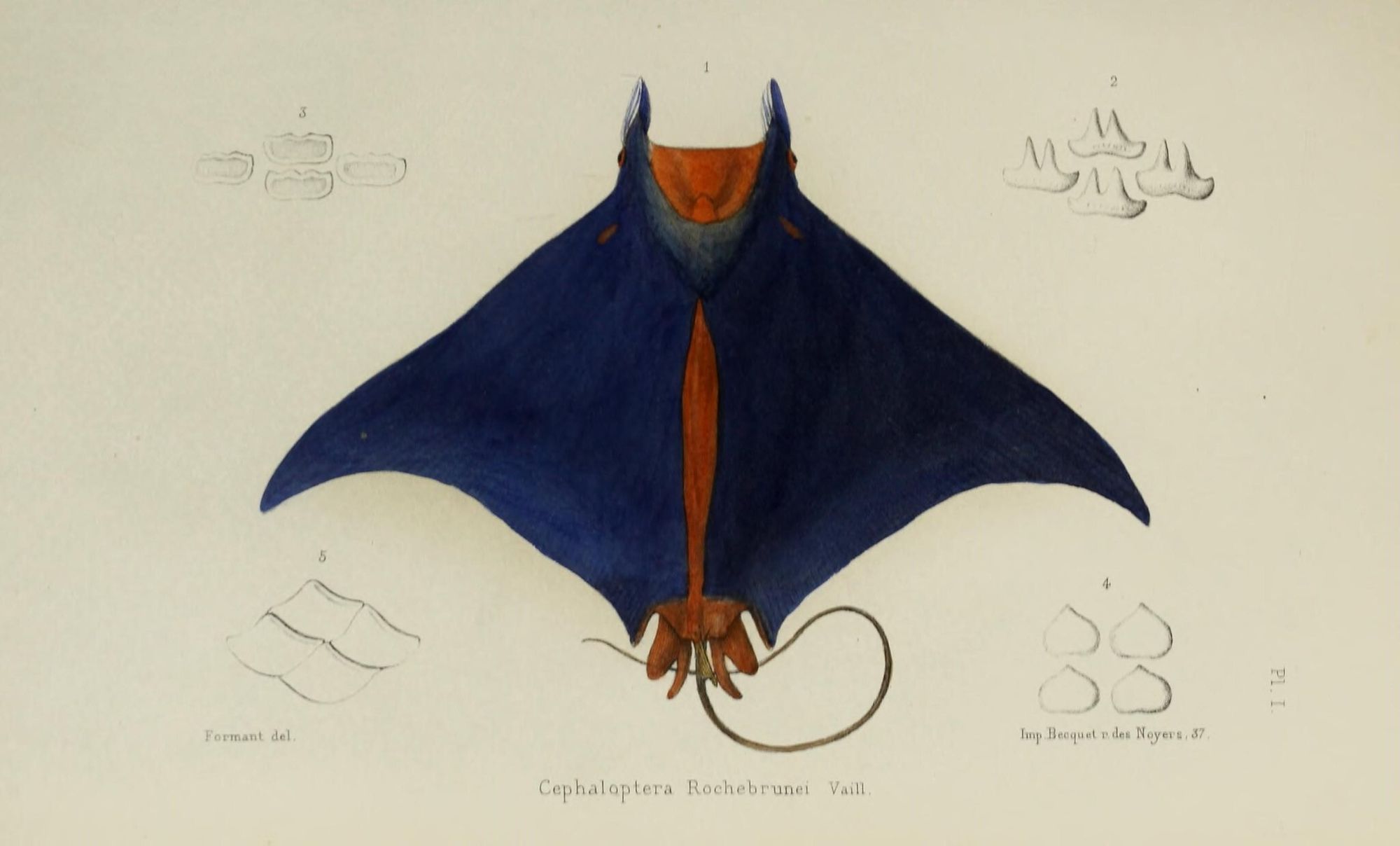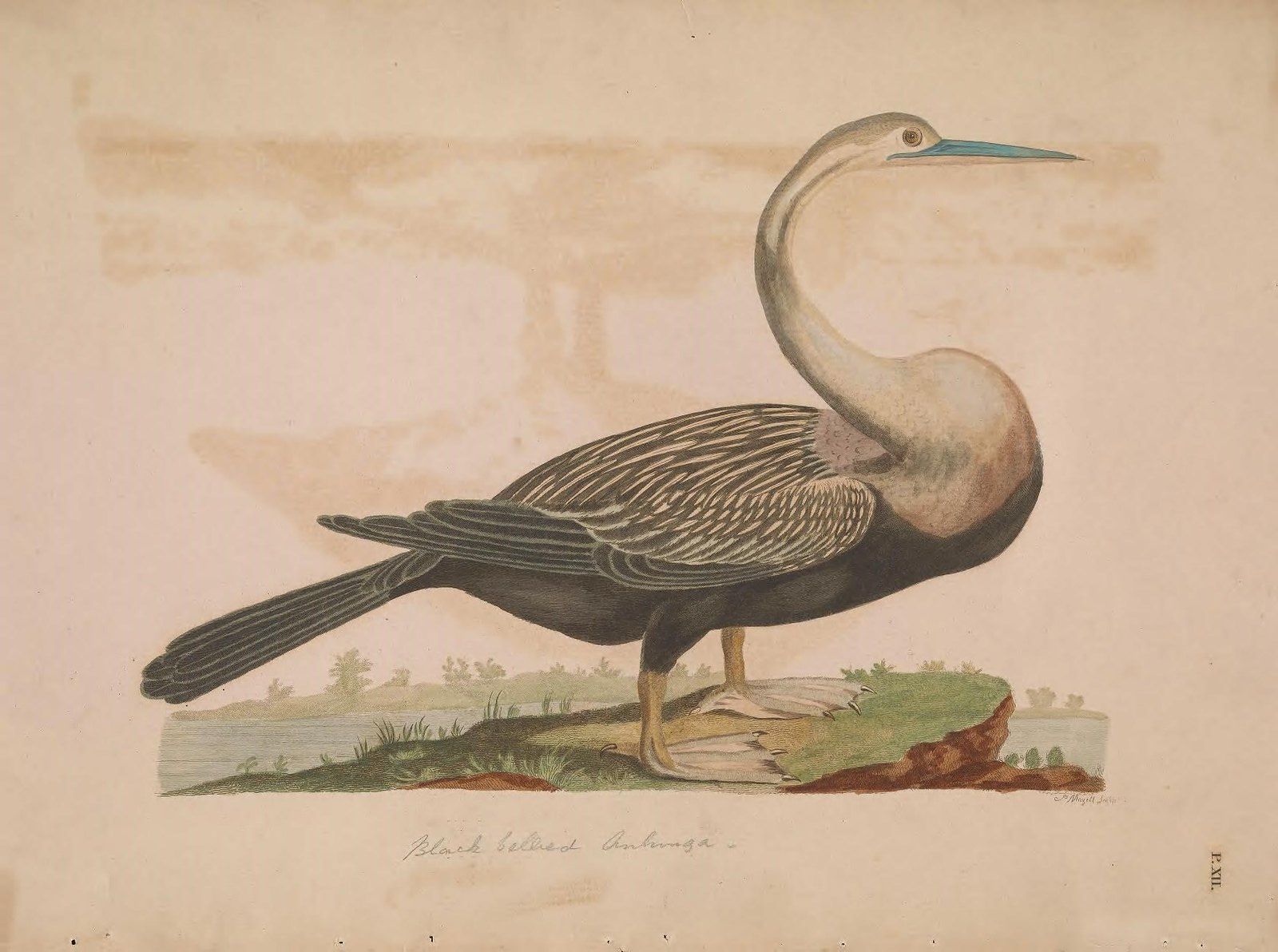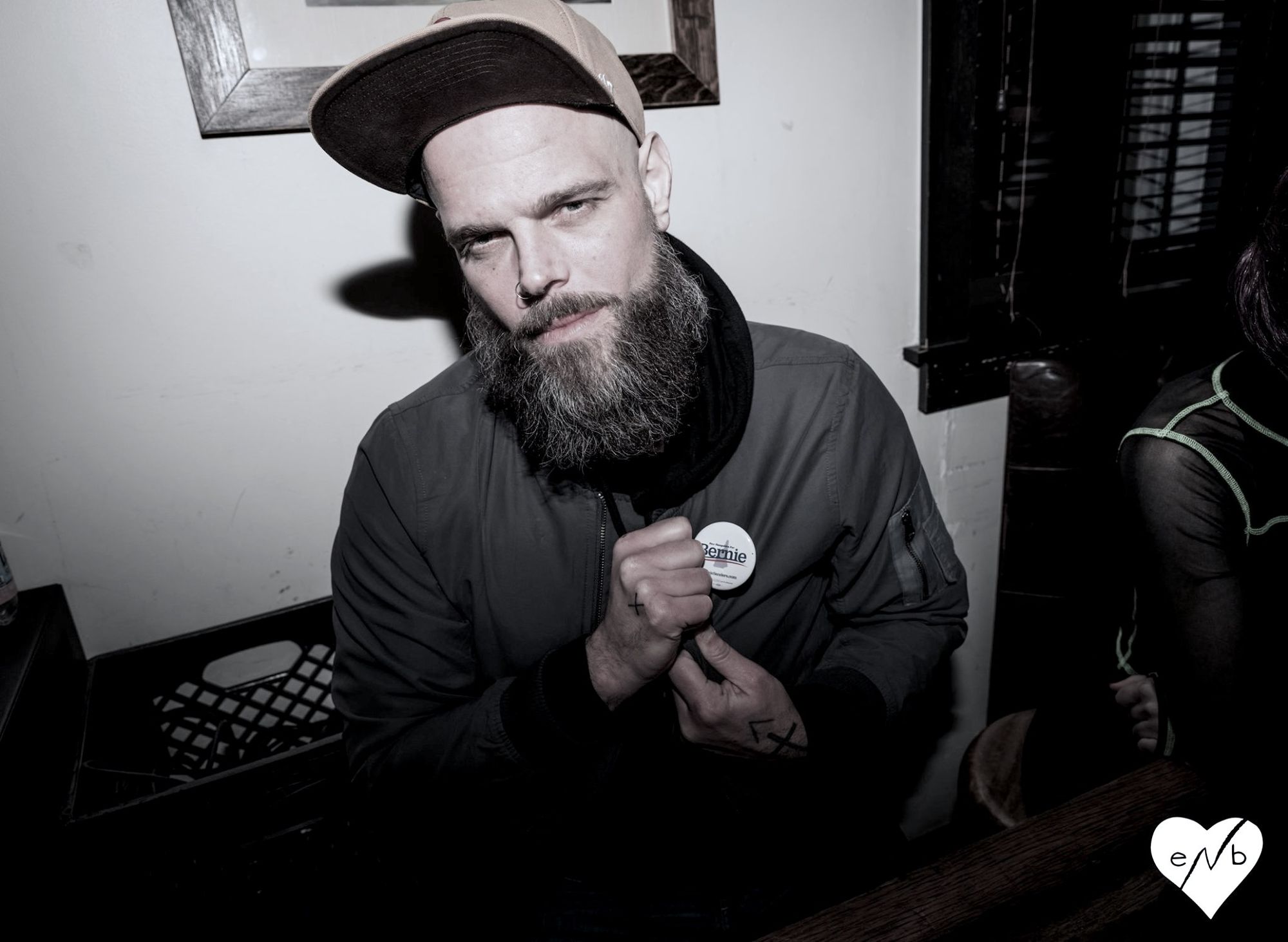I managed to jab my thumb into its piggy little eye
and it let go of my face long enough for me to yell for my dogs

Please subscribe!!
Allena Hansen didn’t expect to make it back down the mountain. “There was an air of the surreal about it,” she wrote. “Sort of like a crazed Disney ride. But mostly when I realized that I might indeed make it to the fire station, there was this enormous sense of elation.”
It was 2008 and she was out in the mountains in California when she was mauled by a black bear who ripped her face almost entirely off.
Don’t look up the photos.
“Mercifully, one forgets the actual sensation, but I wrote about it at the time, knowing I wouldn't remember what it was like if I didn't get it down in the near term,” she wrote. “The desire to survive overrides everything else, so the pain became superfluous to keeping myself alive. Curiously, many of the nerves in my face were severed in the attack, so there wasn't a specific pain, just an overweening one. And a whole lot of blood. The horror was the hard part. Numbing, in fact.”
“After it had gnawed my head a while, I decided to open my eyes and look at what was killing me,” she wrote. “Its expression was so bland and businesslike it enraged me, so I managed to jab my thumb into its piggy little eye and it let go of my face long enough for me to yell for my dogs. Once the dogs came running, it was diverted long enough for me to get up and try to escape down the creekbed.”
Years and dozens of surgeries later she said she was mostly back to herself in this AMA thread on Reddit she posted a few years back and while a story about fighting off a bear and surviving a horrific disfiguring is certainly notable enough on its own the reason I’m writing about it here is because of this post I saw yesterday that brought it to my attention.
What did you find the hardest to overcome during your path back to recovery someone asked in the thread and she said “Blue Cross. Hands down.” Did you ever feel like giving up and how did you get passed that feeling someone else asked and she said “No, I didn't ever feel like giving up during the [attack] itself. But there were a couple of time during my recovery when Blue Cross denied service that brought me to the brink of despair.”
She explained more here about her struggled with her insurance company a year or so after the attack.
Although I’ve maintained a private individual health insurance policy with Blue Cross of California for thirty years, they have, at every turn of my ordeal, tried to waffle, obfuscate, or outright deny me benefits for medical care. Because my injuries were mostly to my eyes, my facial structure (including my nose and most of my teeth), and obviously, cosmetic appearance, my policy “does not cover services,” for putting me back together, and demands 30% co-pays before they will pay for the hugely expensive ($300,000 and counting,) reconstructive surgeries I need to regain a degree of functionality. I am, not surprisingly, disabled and unable to work. My assets and savings were exhausted long ago, (their deductible and co-pays reset every calendar year and my reassembly is a multi-year project.)
I always thought having a “good” insurance policy was not only my civic responsibility, but would cover my medical expenses should I ever face a catastrophic illness. But it turns out that Blue Cross's $2,500 deductible is actually more in the order of an $11,500 deductible before they kick in for 100% of what they deem “reasonable and customary” care. Even that determination is subjective and skewered in their favor. All this is on top of Blue Cross's insanely expensive monthly premiums, a difficult proposition for me given that SSI disability only pays me $654 — oops, just reduced to $625 — a month on which to live.
Twice in the last month, Blue Cross denied payment for ophthalmologic consults I had arranged to see if some of my eyesight can be retained. Then there is the $600+ per month Blue Cross doesn’t cover in specialized prescription eye drops I need to save what is left. My other medications are similarly extortionate and not covered…
On the plus side, I DID fight off a bear attack and survive to tell the tale. I am also the daughter, sister, mother, sister-in-law, niece, and former wife of physicians–and spent my twenties working in the medical malpractice insurance industry, so I do know the ins and outs of the system in detail. Medical insurance is a license to print money...by the industry's own admission….

A lot of people have been goofing on the lede to this piece on Ben Affleck in the New York Times but the part that resonated with me was this quote:
“People with compulsive behavior, and I am one, have this kind of basic discomfort all the time that they’re trying to make go away,” he said a couple of Sundays ago during a two-hour interview at a beachside spot in Los Angeles. “You’re trying to make yourself feel better with eating or drinking or sex or gambling or shopping or whatever. But that ends up making your life worse. Then you do more of it to make that discomfort go away. Then the real pain starts. It becomes a vicious cycle you can’t break. That’s at least what happened to me.”
Around fifty million Americans have donated to a crowdfunding campaign for medical bills or treatment according to a survey by the National Opinion Research Center at the University of Chicago.
“The survey also found that an estimated eight million Americans had started a campaign for themselves or someone in their household and more than twelve million Americans had started a campaign for someone else.”
“Although more people gained insurance coverage with the Affordable Care Act,” they wrote, “crowdfunding for health care expenses is becoming more common because Americans still cannot afford their out-of-pocket costs—deductibles, copays, or coinsurance—their coverage notwithstanding. Medical bills remain the number one reason Americans file for personal bankruptcy, according to a 2019 City University of New York-Harvard study. When asked who is responsible for paying for care for those who cannot afford it, a majority of Americans (60 percent) believe the government should as opposed to health care providers, charities, and family and friends.”
If you’ve never read my piece Go viral or die trying (also in the Hell World book) about the absurd game show we all have to take part in now in order to survive the predatory for-profit insurance industry subscribers can do so here.
I often joke lately that I used to think I’ve wasted my life on Twitter but it might actually come in handy when I inevitably need to crowdfund an operation. You have to hustle. You have to market. You have to build your brand.
“There’s a lot of people who believe you just post a fundraiser and donations are going to immediately come in, and that’s not the way it works,” Chapman said. “We have thousands of pages posted every week on our site. The big thing is spreading the word. Once you get that momentum going the key becomes providing updates, what the money is going towards.”
“A picture is worth 1,000 words, a video is worth maybe a million,” GoFundMe’s Solomon said. “It’s really a storytelling platform, the more interesting and compelling the story the better these will do.”
In essence, crowdfunding is all about becoming your own agent and publicist and advocacy group all rolled into one whether you’re raising money for a social media robot dog or trying to stave off your impending demise.
I’m so fucking sick of being told we’re too angry. If anything we aren’t yet angry enough.
HOW WILL YOU PAY FOR IT THOUGH? Check out this latest study from Yale researchers who say we’ll actually save money — and lives — under Medicare for All.
“Although health care expenditure per capita is higher in the USA than in any other country, more than 37 million Americans do not have health insurance, and 41 million more have inadequate access to care,” they write. “Efforts are ongoing to repeal the Affordable Care Act which would exacerbate health-care inequities. By contrast, a universal system, such as that proposed in the Medicare for All Act, has the potential to transform the availability and efficiency of American health-care services. Taking into account both the costs of coverage expansion and the savings that would be achieved through the Medicare for All Act, we calculate that a single-payer, universal health-care system is likely to lead to a 13% savings in national health-care expenditure, equivalent to more than US $450 billion annually (based on the value of the US$ in 2017). The entire system could be funded with less financial outlay than is incurred by employers and households paying for health-care premiums combined with existing government allocations. This shift to single-payer health care would provide the greatest relief to lower-income households. Furthermore, we estimate that ensuring health-care access for all Americans would save more than 68,000 lives and 1.73 million life-years every year compared with the status quo.”
“According to the study, by replacing premiums, deductibles, co-payments and out-of-pocket costs with a progressive tax system, Medicare for All will save the average family thousands of dollars each year and will provide lower-income households the greatest relief,” Common Dreams notes.
“The study also debunks several attacks on Medicare for All from the private health care industry that made well over $100 billion in profits last year. Doctors and hospitals would see large savings in cost and time from streamlining our bloated and inefficient administrative and billing system, allowing doctors to spend more time with patients, the study found.”
John Oliver did a good piece on Medicare for All the other day. He is obviously a talented comedian but I wish he would stop doing analogy jokes that take an hour to unfurl and just explain things in the news accurately and charismatically. Not all his politics are great to be clear but it’s weird to watch a comedy show and spend half the time being like man stop doing jokes please. Maybe I’m the shithead here but it just makes me think about how starving people are for a TV personality that isn’t lying to us constantly and is relatively lefty and I don’t know why there are zero of those.
Not that it really matters but I just checked out her more recent Reddit history and saw that the woman who fought off the bear was watching and commenting on the debate last night. “King Bernie, still the king,” she wrote. “Still authentic. Still on point. Can't not support you.”
Sometimes I get optimistic that we’re getting closer to eradicating this evil system we all suffer under and sometimes I lose that faith but I’m not going to give up and I don’t think you should either all we have to do is jab our thumbs into the insurance industry’s piggy little eyes so it lets go of our face long enough for us to yell for our dogs.

Charles Portis has died and that is sad news but the good news is we can all still read his books.
I liked this piece on his life and work in the New Yorker today.
“Only a mean person won’t enjoy it” is something a critic once wrote about “True Grit.” In part, I love Portis because I feel less mean when I read him. It’s not just that his novels are gentle and funny; it’s that Portis’s books have a way of conscripting the reader into their governing virtues—punctuality, automotive maintenance, straight talk, emotional continence. Puny virtues, as Portis himself once put it, yet it is a great and comforting gift (in these days especially) to offer readers escape into a place where such virtues reign.
It’s hard to know whether Portis’s work ushered much comfort into his own life. My sense is that he was lonely. I imagine he had a fair bit in common with Jimmy Burns, described in “Gringos” as a “hard worker,” “solitary as a snake,” and, yes, “punctual.” Portis never married and had no children. He never published another novel after “Gringos,” from 1991. The closest he gets to self-portraiture comes in his short memoir “Combinations of Jacksons,” the essay published in The Atlantic. Toward the essay’s close, the author spots an “apparition” of his future self in the form of a geezer idling his station wagon alongside Portis at a traffic light in Little Rock. He wore “the gloat of a miser,” Portis writes. “Stiff gray hairs straggled out of the little relief hole at the back of his cap. . . . While not an ornament of our race, neither was he, I thought, the most depraved member of the gang.”
In his vision of himself at the wheel of the phantom station wagon, Portis goes on to write what feel like fitting instructions for how we ought to cope with this great and overlooked writer’s exit from the scene: “I could see myself all too clearly in that old butterscotch Pontiac, roaring flat out across the Mexican desert and laying down a streamer of smoke like a crop duster, with a goatherd to note my passing and (I flatter myself) to watch me until I was utterly gone, over a distant hill, and only then would he turn again with his stick to the straying flock. So be it.”

Tonight is Emo Night Boston the monthly party my friends and I throw at the Sinclair and you’ve probably heard me talk about a million times. You should come by if you’re around the area buddy it’s a lot of fun. Here are some photos by our man Adam Parshall.

I wrote the forward for the forthcoming Anthology of Emo Vol. 2 book by Tom Mullen of the Washed Up Emo podcast and one thing I said in it was “if this music is supposed to be sad why are we all having so much fun?”

Here’s my dumb face. I hope a bear never eats it.

There’s also an amazing lineup in the venue going on at the same time of bands you should all know and here they are and that’s all for today after that bye bye.
